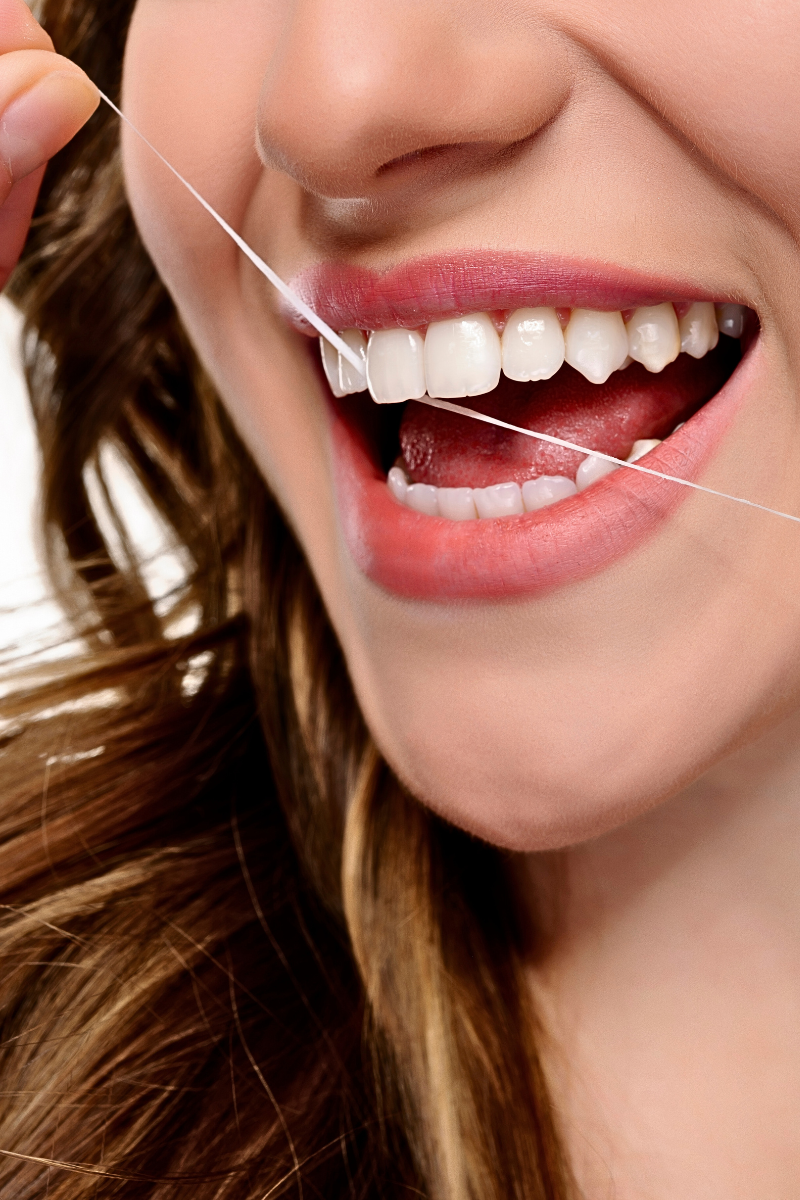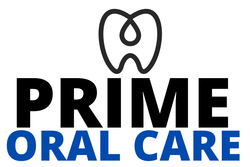
Improving on your health good oral hygiene isn't just about a pretty smile. It plays an integral part in your health and wellness. The mouth is the entry point into your body, and anything that goes wrong in it can have a major impact on your health in other parts. As a result, many people let their dental care go until serious issues—like cavities, bad breath, or serious health complications—occur. This article then highlights the importance of maintaining your dental hygiene, that is, how putting simple practices in place, like controlling your oral bacteria and maintaining your toothbrush clean can save your health benefits. The Larger Implications of Oral Hygiene While a lot of us are mainly concentrating on preventing cavities and getting whiter teeth, dental health is much more than that. Ultimately, studies website link your oral hygiene to the health of your whole system. Here are some of the ways your teeth and gums can affect your entire body:
Cardiovascular Health: Tooth decay has been linked to heart disease.
Gum infections: and inflammation can also spread and increase the risk of cardiovascular complications.
Diabetes Control: Gum disease may impede the ability to manage blood sugar levels, which contributes to the initiation or progression of diabetes.
Pregnancy Complications: Pregnant women particularly need to care for their teeth and gums.
Problematic Gum
If an infection sets up in the gums, it can lead to gum disease, which other studies have linked to premature deliveries and low birth weights.

Respiratory Infections
Bacteria from the mouth can reach the lungs, posing a risk of infection or worsening conditions such as pneumonia.
The Dangers of Oral Bacteria
The mouth is home to many harmful and helpful bacteria. When adequate oral hygiene is not maintained, bacteria can develop a coating on the teeth, called plaque, that is viscous and viscous. If plaque isn’t routinely brushed and flossed away, it can eventually solidify into tartar, which must then be professionally cleaned away by a dentist. Left unchecked, these bacteria inflict major destruction: Cavities: Acids from the bacteria eat into enamel, causing painful cavities.
Gum disease
Gingivitis, or inflammation of the gums, can go on to develop into periodontitis, a serious infection that destroys the bone around your teeth. Bad Breath: Chronic bad breath is commonly due to bacteria. Good hygiene can help keep the germs at bay.
Cleaning Your Toothbrush: Why It Matters and How to Do It Your toothbrush is one of the most important tools used for maintaining oral hygiene, but as is the case with everything else, one has to take care of it too! A dirty or damaged toothbrush can even worsen your oral hygiene. Then to ensure your brushing routine is doing its job, here’s what to look for in your toothbrush: Healthy Habits: Replace toothbrush every three to four months or sooner if bristles are worn or after an illness.
Proper Storage: When not in use, keep your toothbrush upright and let it air-dry. Don’t store it next to the toilet or in a closed container to avoid bacteria building up. Spread Only — Do not Share: Sharing a toothbrush can spread bacteria and may lead to infections.
Extensive Rinse: Rinse your toothbrush with hot water removing any leftover toothpaste and debris after your brushing. Managing Bad Breath Halitosis is determined by a complex interaction of many factors, and combating bad breath is often too complicated, given that the reasons behind the problem in most cases are associated with poor oral hygiene or accumulation of bacteria. Here are a few things you can do to freshen your breath:
Your tongue can also breed germs, so don’t forget to brush your tongue.
Stay Hydrated: Make sure to drink the extra water during the day. Chew some sugar-free gum: This encourages saliva production, which helps naturally cleanse your mouth.
Limit Certain Foods: Certain foods can leave strong odors that brushing alone is not going to address, such as garlic, onions, and coffee. Halitosis may be a sign of underlying health problems, so it’s best to take care of it. Building a Basic Oral Hygiene Routine Dental care doesn't need to be overly complicated; you need to be consistent. Here’s an easy daily care routine for healthy teeth and gums: Databased on data until October 2023. Floss Once a Day: Floss is perfect for getting rid of dirt and plaque that a toothbrush might have missed.
Gargle with Mouthwash: Mouthwash can kill bacteria and freshen your breath. Regular Dental Visits: Professional cleanings every six months help your dentist to identify problems before they lead to bigger issues, saving you time and money.
Eat Well: A well-balanced diet including calcium, vitamin D and crunchy fruits and vegetables promotes healthy teeth and gums. Consequences of Improper Dental Care in Our Life If you have been shrugging off some dental duties, you are not just endangering your mouth — you’re putting your overall health at risk. As mentioned above, dental issues can get out of hand quickly, leading to costly and painful treatments. For instance, a delicate cavity can require a root canal, while neglected gum disease can lead to the loss of teeth. Notably, taking care of your dental well-being also aids in maintaining self-confidence. Your smile is one of your first impressions, and a bright, healthy one can be essential to feeling good about yourself.
The Challenge of Oral Hygiene
If you experience difficulty with your dental care, you are in good company. Here are ways to cope with typical challenges:
Time Shortage: Use your phone to set reminders for brushing or carry a travel-size toothbrush and toothpaste for quick cleanings.
Issue of cost: There are free dental service or at low cost in many communities, you can invest in a basic tool needed for dental care. Dental Anxiety: Find a dentist that you can trust and honestly tell them your fears. Improvements in dental technology have made visits more pleasant than ever.
Conclusion
Oral hygiene is not just about keeping bad breath at bay or having an attractive smile; it is crucial for your general health. By preventing bacteria, maintaining a clean toothbrush and following a regular cycle, you are preventing not only your teeth, but your health too. Spend a few minutes in the morning and at night brushing, flossing and caring for your teeth — it’s minimal effort for massive long-term effect. Your future self — and your bright smile — will thank you!
